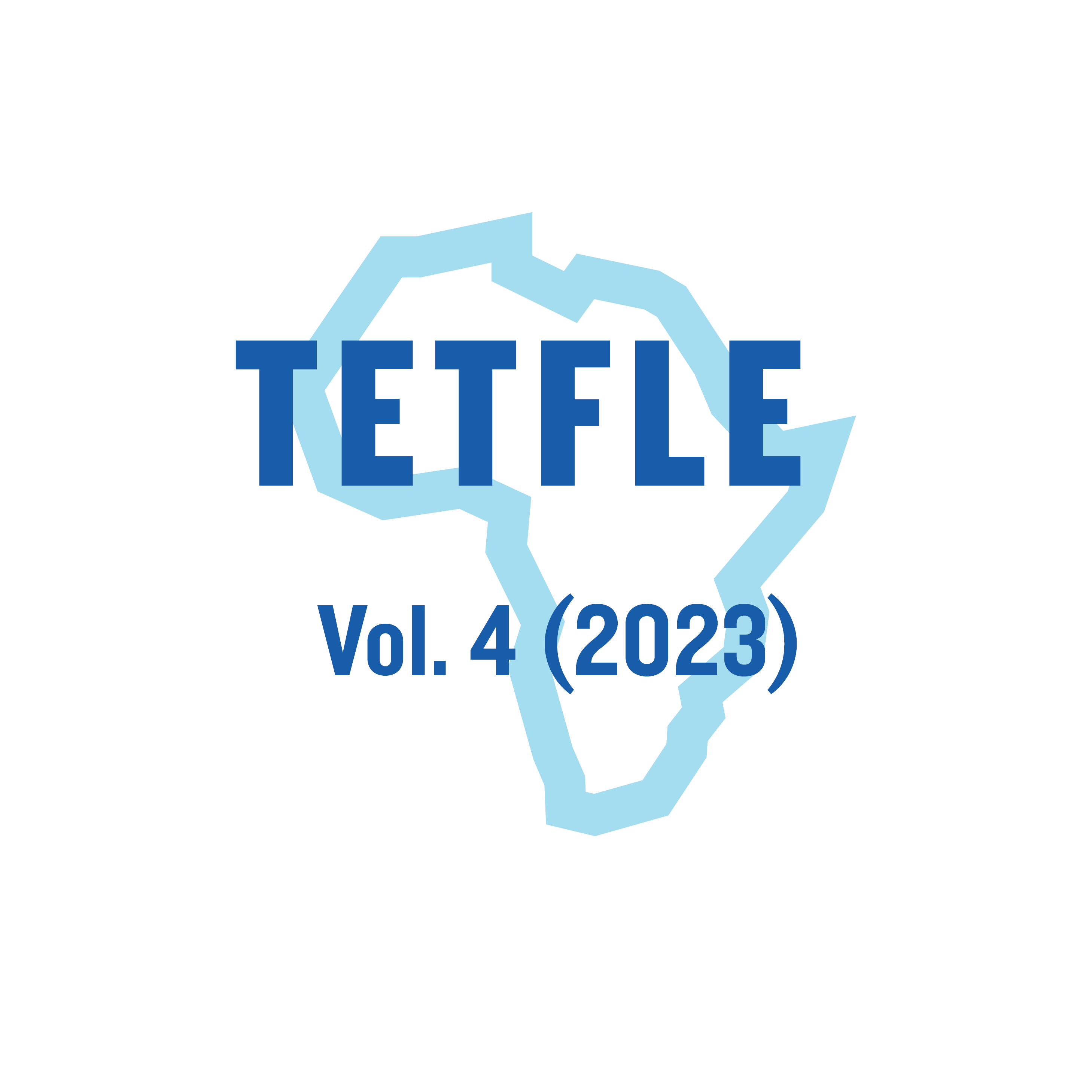Using ICT-based pedagogy to teach English First Additional Language during the COVID-19 pandemic: A rural case study
DOI:
https://doi.org/10.35293/tetfle.v4i1.4185Keywords:
data bundles, digital devices, information and communication technology, online teaching and learning, social mediaAbstract
During the COVID-19 pandemic, face-to-face teaching was suspended and teachers were forced to transition to online teaching supported by information and communication technology (ICT)-based pedagogy. This study explored how teachers used ICT-based pedagogy to facilitate EFAL learning during COVID-19 in a rural area of Limpopo, South Africa. A qualitative descriptive case study was grounded in interpretivism and informed by teacher self-efficacy (TSE). Nine purposefully sampled EFAL teachers (four male and five female) were interviewed. Data were analysed using thematic analysis. The findings indicate that only two of the nine teachers employed ICT in online teaching and learning using social media platforms like WhatsApp and YouTube. Challenges such as the lack of teachers’ ICT knowledge and skill, lack of data bundles for internet connection and learners’ lack of digital devices emerged. The two teachers were unable to effectively provide online teaching to the learners due to a lack of adult support. It was concluded that only a few EFAL teachers were ready to apply ICT in their teaching on a permanent basis. This study recommends that in-service teachers’ training in the integration of ICT in the teaching and learning process is needed.
Downloads
Published
Issue
Section
License
Copyright (c) 2023 Margaret Maja

This work is licensed under a Creative Commons Attribution-NonCommercial-ShareAlike 4.0 International License.

Authors who publish with this journal agree to the following terms:
Authors retain full copyright and grant the journal right of first publication with the work simultaneously licensed under the Creative Commons Attribution Share-alike 4.0 International License This license lets others remix, adapt, and build upon authors' work non-commercially, as long as they credit the author and license their new creations under the identical terms that allows others to share the work with an acknowledgement of the work's authorship and initial publication in this journal.


